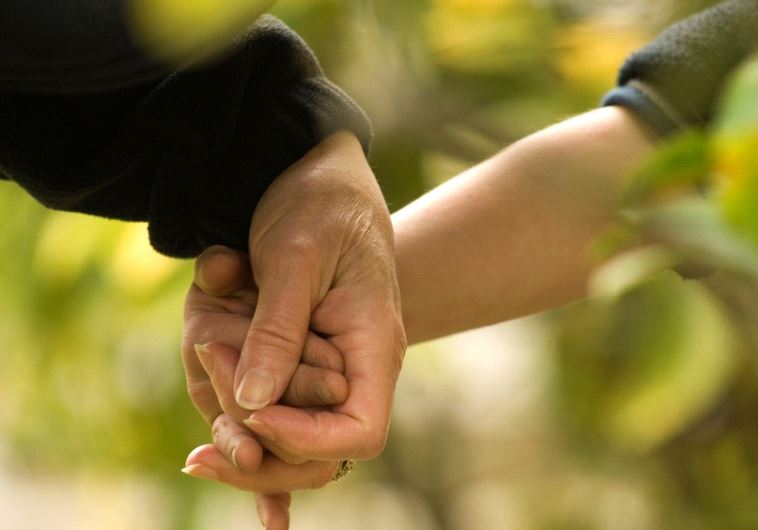Three Ladies, Three Lattes: Home from home?
Pam Peled, Danit Shemesh and Tzippi Sha-ked look at percolating issues in Israel’s complicated social and religious fabric.
 Adult and child holding hands (illustrative)(photo credit: ING IMAGE/ASAP)ByTHREE LADIES, THREE LATTESUpdated:
Adult and child holding hands (illustrative)(photo credit: ING IMAGE/ASAP)ByTHREE LADIES, THREE LATTESUpdated: